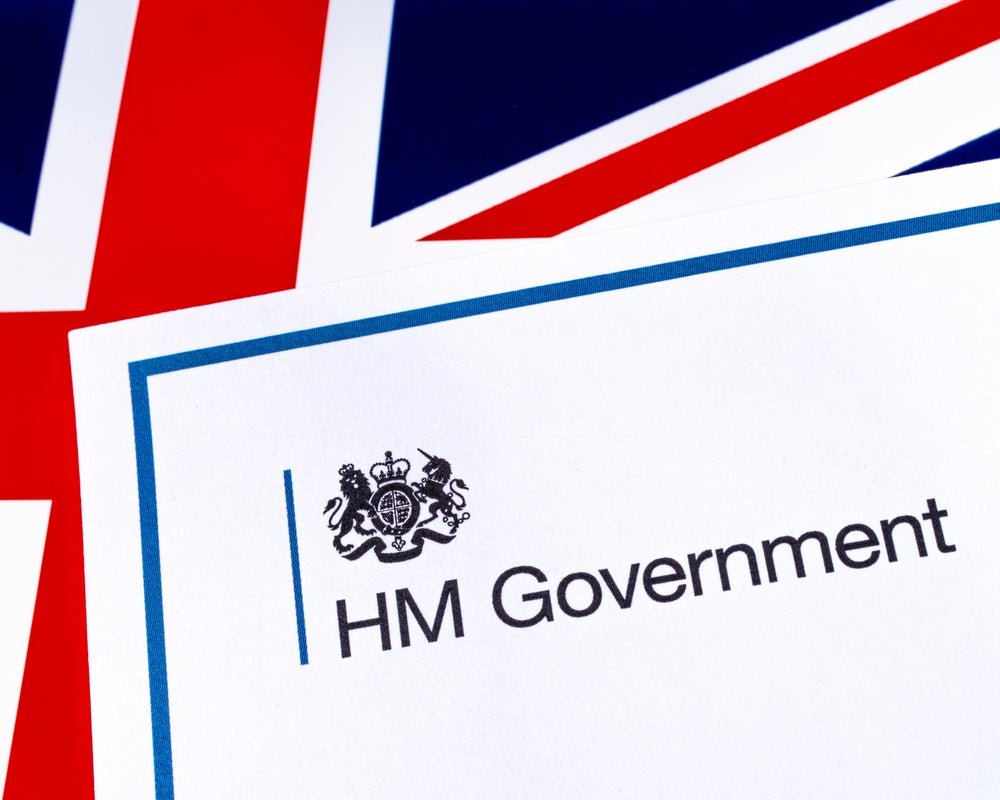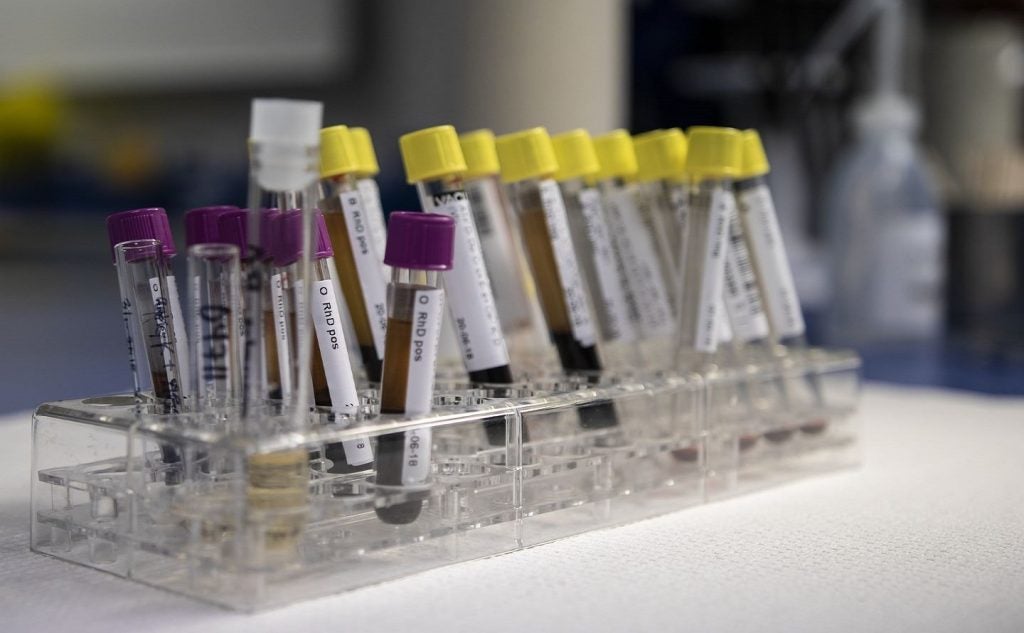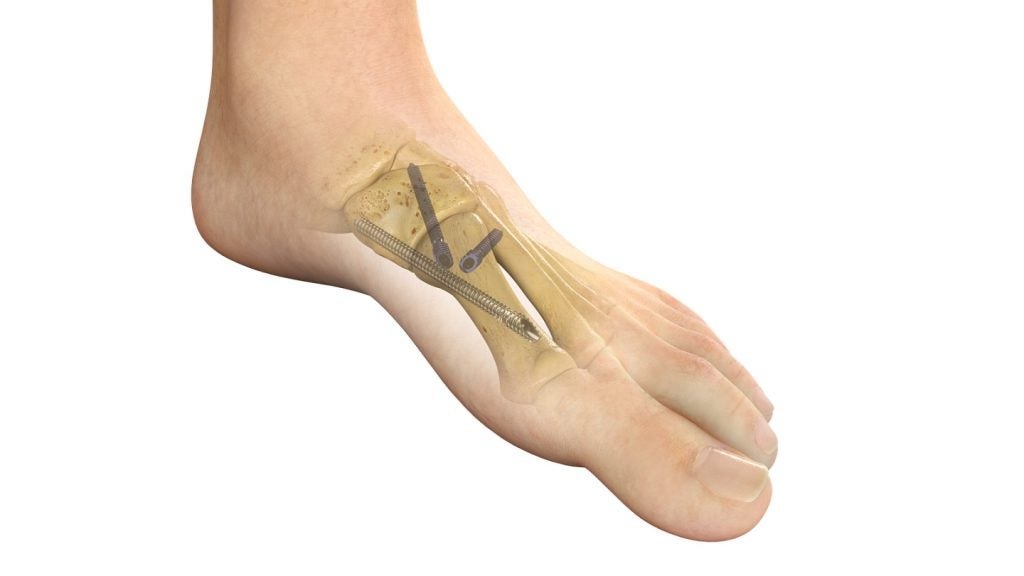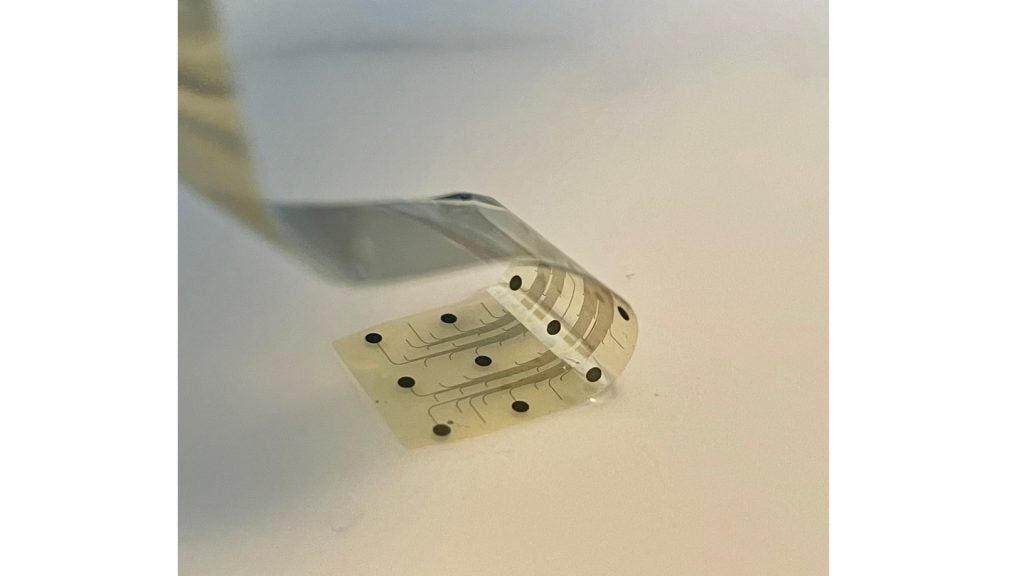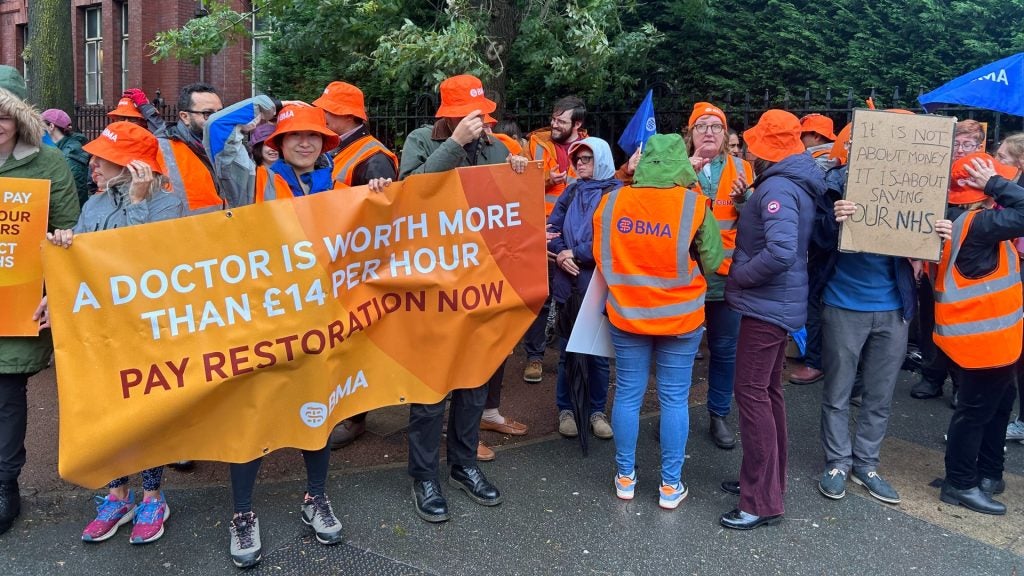The UK government has launched the Innovative Devices Access Pathway (IDAP) pilot backed by £10 million funding.
The pilot will give patients greater access to innovative technologies by supporting innovators and manufacturers with scientific advice and multi-partner mentoring. The aim of the IDAP is to give an opportunity to streamline developments of technologies that address the clinical needs of the National Health Service (NHS) without sacrificing safety, quality, and efficiency.
Submission for the pilot, open to both commercial and non-commercial innovators of medical technology in the UK and abroad, started on the 19th of September 2023 and will close on the 29th of October 2023. Devices without a CE mark, UK CA mark or regulatory approval will be accepted if they meet the criteria. They will also need to provide a proof of concept backed by data to a near-final prototype with clinical input from a UK health organisation or medical charity.
Jeanette Kusel, director of NICE Scientific Advice, said: “This pathway will offer companies the direction they need to properly demonstrate the value of innovations that have the potential to address unmet need in the system. The opportunity for developers of game changing health technologies to access expertise from both regulators and health technology appraisers is a unique aspect of IDAP.”
Those accepted onto the pilot will get help with developing a product roadmap, system navigation, NHS adoption, Health Technology Assessments (HTA) for product realisation and adoption, and exceptional use authorisation granted by the Medicines and Healthcare products Regulatory Agency (MHRA).
Ed Clifton, Unit Head of the Scottish Health Technologies Group (SHTG) said: “The collaboration between MHRA and HTA partners (like SHTG) means that IDAP is uniquely placed to deliver the right regulatory and evidence support, at the right time, for all successful applicants on the pathway.”
The pathway was launched following announcement of the IDAP on 25 May 2023, by a conglomerate of British services which includes the Department of Health and Social Care (DHSC) Health Technology Wales (HTW), MHRA, the National Health Service England (NHSE), the National Institute for Health and Care Excellence (NICE), the Office for Life Sciences (OLS), and the SHTG.
Dr. Marc Bailey, MHRA Chief Science and Innovation Officer, urged innovators to submit to the pilot, he said: “We encourage medical technology innovators in the UK and abroad to submit their applications and benefit from this combined support service. By working together, we can fast-track access to the most advanced technologies for those in urgent need.”


